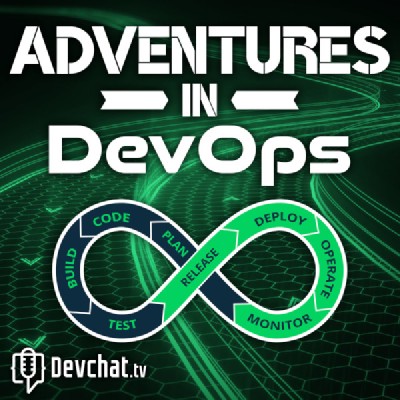My Top Reads of 2022
Five books I recommend for followers of mineIt’s that time of the year again when we’re bombarded with best-of and prediction lists. I predict I won’t be making a prediction list for 2023, however you have stumbled upon my Best Reads of 2022 list!
-
A Radical Enterprise: Pioneering the Future of High-Performing Organizations by Matt Parker
I wrote a longer review of this book back in March, and later was honored to have author Matt Parker on my podcast. The book provides case studies of a number of “radically collaborative” organizations, and makes the case for four imperitives that an organization should pursue to reap similar benefits.
-
Good Strategy/Bad Strategy: The Difference and Why It Matters by Richard Rumelt
I don’t know why it took me so long to read this book. It was published in 2017, and it has been recommended to me countless times. Maybe the title just didn’t grab me hard enough. But I’m glad I finally read it (well, listened to it) recently, because this book is full of gold. If you either work in or aspire to work in product development or management of any sort, I highly recommend this book. It begins by clearly defining what “Good Strategy” is, and why it’s so rare to find. It then helps you identify good and bad strategy, so you can tell the difference when it matters. Then it ends by helping you improve your strategic decisions (and even identiy which decisions are or should be strategic). This is one I’ll be listening to again (and again…)
-
A Seat at the Table: IT Leadership in the Age of Agility by Mark Schwartz
Another book from 2017, I only learned of this one more recently. Author Mark Schartz begins by laying out what he sees as the big problem in corporate IT these days: The IT organization is set up with an outsourcing model, even for internal IT organizations. The consequence is a fundamental distrust between “the business” and IT, which movements such as the Agile, have tried to resolve, but with limited success. Schartz’ direct, to-the-point, and often funny, commentary cuts through a lot of the assumptions held by both traditional, as well as “Agile” management, and provides common-sense, if not sometimes iconoclastic suggestions for dealing with common decisions and situations faced by most IT managers. While the book primarily focuses on internal IT organizations (as opposed to product-focused software development), aside from some of the choice of terminology, almost everything in this book will apply equally well to any company that does software development.
-
A World Without Email: Reimagining Work in an Age of Communication Overload by Cal Newport
I’ve been a long-time fan of Cal Newport’s books, and like probably everyone else, I’ve often felt overwhelmed by email, Slack, and other forms of online communication. So this book hit the spot. I still have a few pages to finish, as I’m writing this, because it’s just that kind of book. One that is so full of profound ideas, or new thoughts, that I can only read a few pages at a time, then I need to sit and ponder.
The book starts by explaining in general terms the problems that email and other online communications cause. You’re likely to find yourself nodding along as you read this. Newport even goes into the history of email adoption, with some interesting historical anecdotes. In the middle of the book, he lays out a bit of theory as to how communication works, particularly for humans who have until relatively recently, thrived in small, hunter/gatherer groups. Then the last section of the book is full of practical, tangible suggestions for ways to improve your communication habits, for your company, your team, or your individual life. So even if you can’t convince your entire company to burninate all the emails, you’ll definitely find some suggestions to make your own work (and possibly even personal!) life more enjoyable.
-
Moneyball: The Art of Winning an Unfair Game by Michael Lewis
I watched the film by the same name when it was in theaters. It’s exactly my kind of sports story. In other words, it’s a sports story that’s not about sports at all. haha. It’s more about statistics and data models. So I decided to read the book this last year, and I’m glad I did.
It’s the true story of Billy Beane, hired as the Oakland A’s general manager, when they were at the bottom of their game. A terrible losing streak, low ticket sales, and as such, a very small budget. Through some clever statistical analysis and some clever trading, Beane was able to break from conventional wisdom, and piece together a winning team on a budget a fraction the size of the competition.
As you might expect, the book can go into much more (and interesting!) detail than a 133-minute film, about the back story, and the statistical nerdy stuff that I loved so much. But as with the film, it’s not so heavy on these details as to bore the non-nerds.



